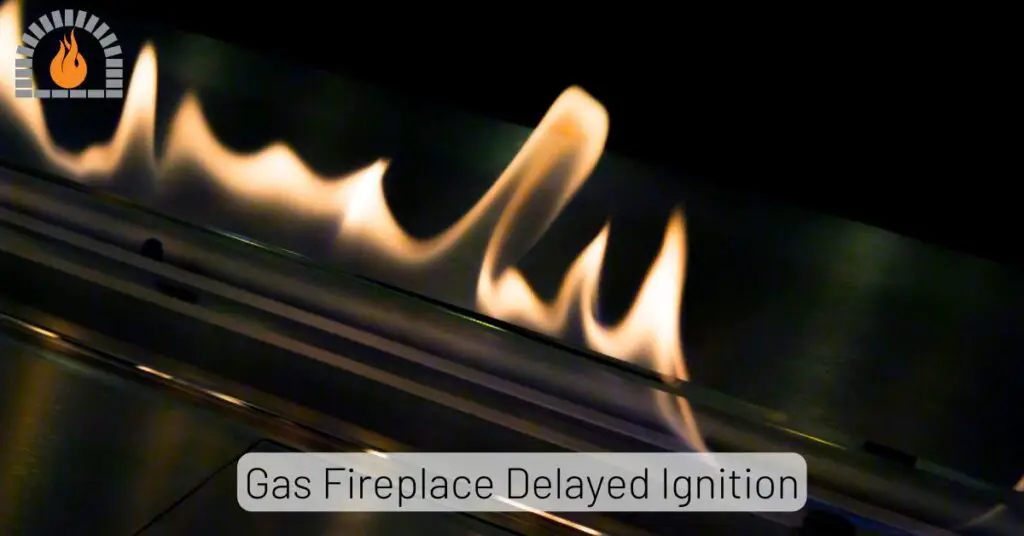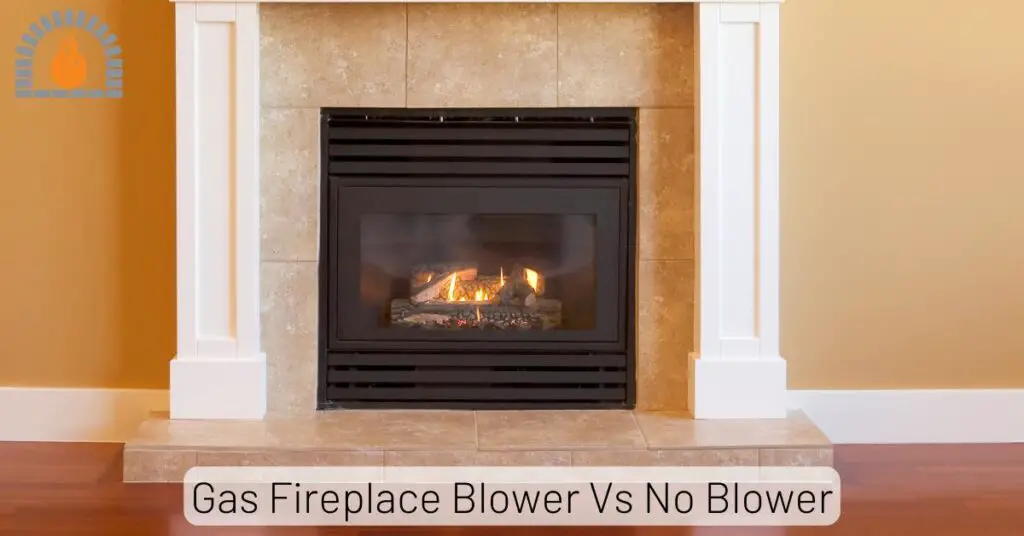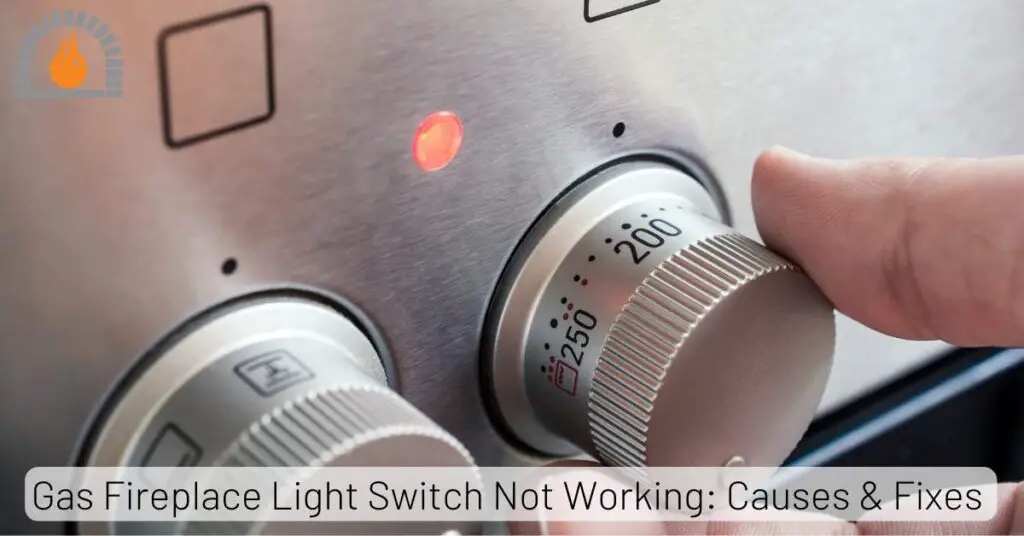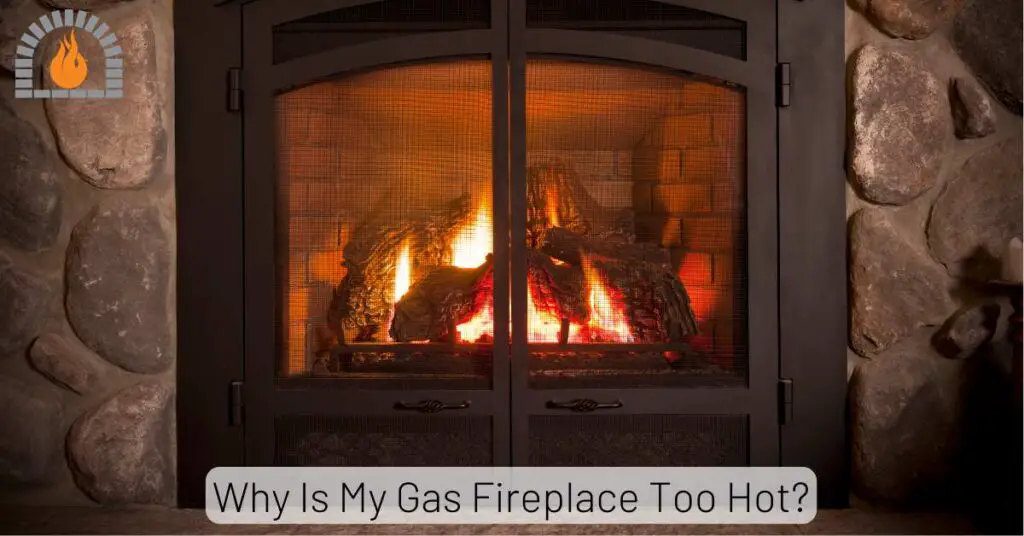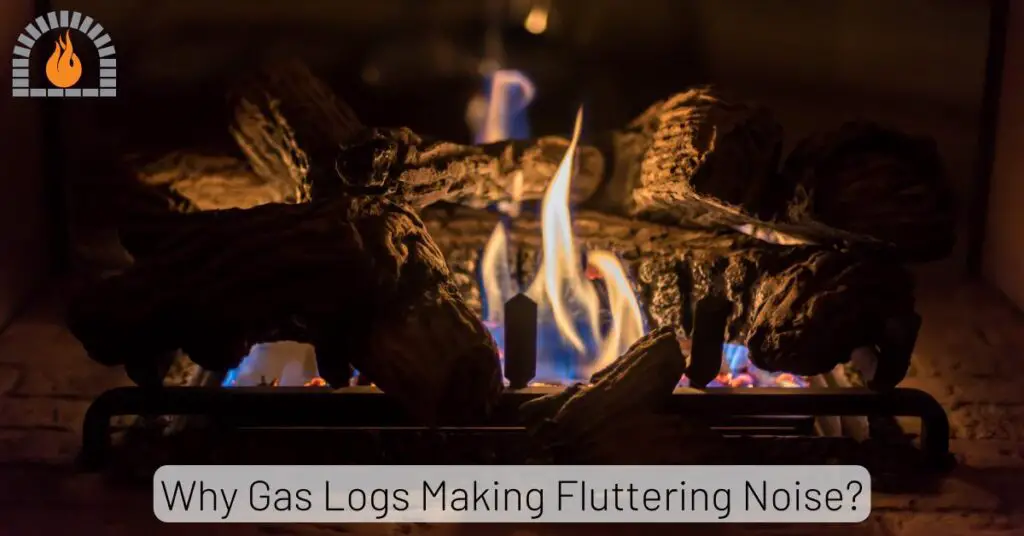When considering a gas fireplace for your home, one key factor to consider is how much propane it will use and what the associated costs will be. Understanding propane consumption not only helps you budget for fuel costs but also ensures that you are using your fireplace efficiently.
In this guide, we’ll break down how to calculate propane consumption, read a propane consumption chart, and estimate your overall costs.
What is Propane and Why Use It for Fireplaces?
Propane, a by-product of natural gas processing and petroleum refining, is a versatile and efficient fuel. It’s widely used for heating, cooking, and even powering vehicles.
In fireplaces, propane offers several advantages over wood-burning or even natural gas fireplaces. It burns cleanly, producing fewer emissions, and provides more consistent heating.
Plus, propane fireplaces can be used in areas where natural gas lines aren’t available, making them a flexible option for many homeowners.
How Much Propane Does a Gas Fireplace Use?
The amount of propane a gas fireplace uses depends on its size and heat output, measured in British Thermal Units (BTUs). On average, a gas fireplace consumes about 1 to 1.5 gallons of propane for every 100,000 BTUs produced per hour.
- A 10,000 BTU propane fireplace uses 1.1 to 1.2 gallons of propane in 12 hours.
- A 20,000 BTU propane fireplace uses 2.2 to 2.4 gallons of propane in 12 hours.
- A 30,000 BTU propane fireplace uses 3.3 to 3.6 gallons of propane in 12 hours.
- A 40,000 BTU propane fireplace uses 4.4 to 4.8 gallons of propane in 12 hours.
- A 50,000 BTU propane fireplace uses 5.5 to 6 gallons of propane in 12 hours.
- A 60,000 BTU propane fireplace uses 6.6 to 7.2 gallons of propane in 12 hours.
However, there are several factors that influence actual consumption, such as the efficiency of the fireplace, how often it’s used, and your home’s insulation.
Propane Consumption Chart for Gas Fireplaces
BTU and Propane: Understanding the Basics
Before diving into consumption charts, it’s important to understand what BTUs are. A BTU is a measurement of energy—it’s the amount of heat required to raise the temperature of one pound of water by one degree Fahrenheit.
Most gas fireplaces are rated based on their BTU output, which gives a rough estimate of how much heat they can produce.
For example:
-
A small fireplace might have an output of 10,000 to 20,000 BTUs per hour.
-
A medium-sized fireplace could range between 20,000 and 40,000 BTUs.
-
Larger models can go up to 60,000 BTUs or more.
Propane Consumption and Cost Chart for Gas Fireplaces
| BTU | Propane Use per Hour (Gallon) | Cost for 1 Hour | 4 Hours (Gallon) | Cost for 4 Hours | 6 Hours (Gallon) | Cost for 6 Hours (Gallon) | 8 Hours (Gallon) | Cost for 8 Hours | 12 Hours (Gallon) | Cost for 12 Hours (Gallon) |
|---|---|---|---|---|---|---|---|---|---|---|
| 10,000 | 0.10 | $0.06 | 0.40 | $0.26 | 0.60 | $0.38 | 0.80 | $0.51 | 1.20 | $0.77 |
| 20,000 | 0.20 | $0.13 | 0.80 | $0.51 | 1.20 | $0.77 | 1.60 | $1.02 | 2.40 | $1.54 |
| 30,000 | 0.30 | $0.19 | 1.20 | $0.77 | 1.80 | $1.15 | 2.40 | $1.54 | 3.60 | $2.30 |
| 40,000 | 0.40 | $0.26 | 1.60 | $1.02 | 2.40 | $1.54 | 3.20 | $2.05 | 4.80 | $3.07 |
| 50,000 | 0.50 | $0.32 | 2.00 | $1.28 | 3.00 | $1.92 | 4.00 | $2.56 | 6.00 | $3.84 |
| 60,000 | 0.60 | $0.38 | 2.40 | $1.54 | 3.60 | $2.30 | 4.80 | $3.07 | 7.20 | $4.61 |
Factors Affecting Propane Consumption in Fireplaces
Several factors can affect how much propane your fireplace consumes, including:
-
Fireplace Efficiency: More efficient fireplaces require less propane to produce the same amount of heat.
-
Frequency of Use: Obviously, the more often you run your fireplace, the more propane it will consume.
-
Outdoor Temperature: Cold weather increases the need for heating, which increases propane consumption.
-
Home Insulation: A well-insulated home retains heat better, reducing the demand on your fireplace.
Propane Prices: What You Need to Know
Propane prices fluctuate based on market conditions, location, and the time of year. Typically, propane is cheaper during warmer months when demand is lower. As of 2024, propane prices in the U.S. average between $2.50 and $3.00 per gallon, but prices can spike during winter.
Cost-Saving Tips for Propane Usage
If you want to lower your propane costs, here are some practical tips:
-
Regular Maintenance: Clean and service your fireplace regularly to ensure it’s operating efficiently.
-
Use a Programmable Thermostat: This allows you to control when the fireplace runs, reducing unnecessary usage.
-
Zone Heating: Only heat the rooms you’re using to avoid wasting propane heating your entire house.
Safety Considerations When Using Propane
-
Store propane tanks outside in a well-ventilated area.
-
Have your gas fireplace and propane tanks inspected annually to ensure there are no leaks or malfunctions.
-
Propane fireplaces should be vented properly to prevent the buildup of carbon monoxide in your home.
Comparing Propane Fireplaces with Natural Gas and Electric Fireplaces
When deciding between propane, natural gas, or electric fireplaces, cost is a major factor. Propane tends to be more expensive than natural gas, but it’s often more affordable than electricity in areas where energy costs are high.
Additionally, propane is more accessible in rural locations where natural gas lines aren’t available.
FAQs
How long does a propane tank last with a gas fireplace?
A 100-pound propane tank can last 30-40 hours depend on the size of your fireplace and how often it’s used.
Are propane fireplaces expensive to run?
They can be, but regular maintenance and energy-efficient models can reduce costs.
Is propane cheaper than natural gas for fireplaces?
In most cases, natural gas is cheaper, but propane is more accessible in areas without natural gas lines.
How can I make my propane fireplace more efficient?
Regular cleaning, proper insulation, and using a programmable thermostat can all help increase efficiency.
What size propane tank is best for a gas fireplace?
A 100-pound propane tank is a common size for gas fireplaces and provides sufficient fuel for extended use.
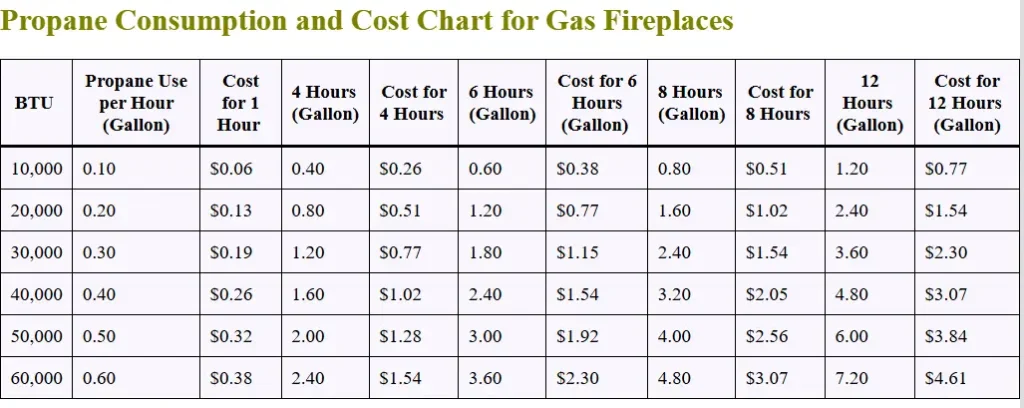
Affiliate Disclosure: Fireplaceadviser.com is a participant in the Amazon Services LLC Associates Program. We may earn a commission when you click on certain links on this site and purchase.

Hello!! I am Jamal Khan. I often fix my home electric heaters and gas stove problems and research the common issues in the heating units to improve my knowledge and expertise. The aim of establishing fireplaceadviser.com is to share my expertise and knowledge with my audience.







